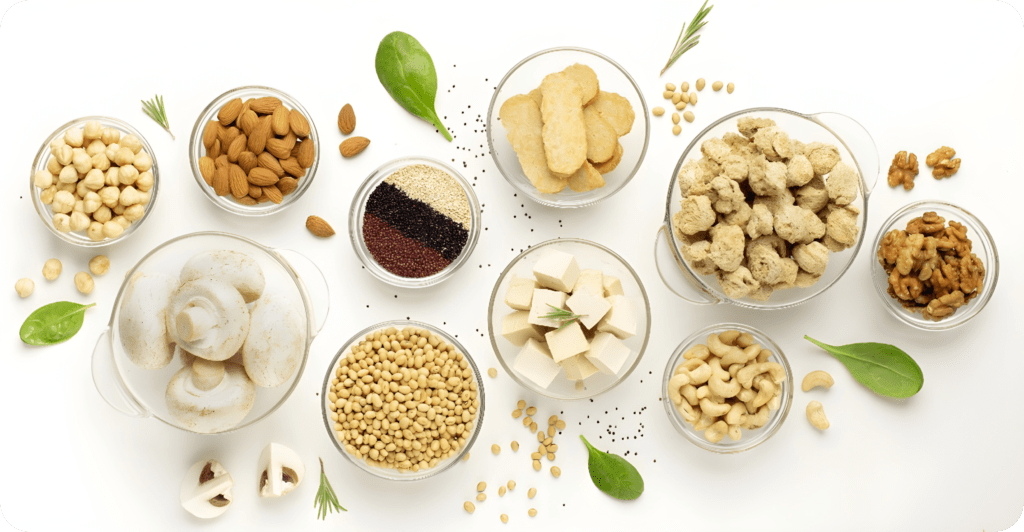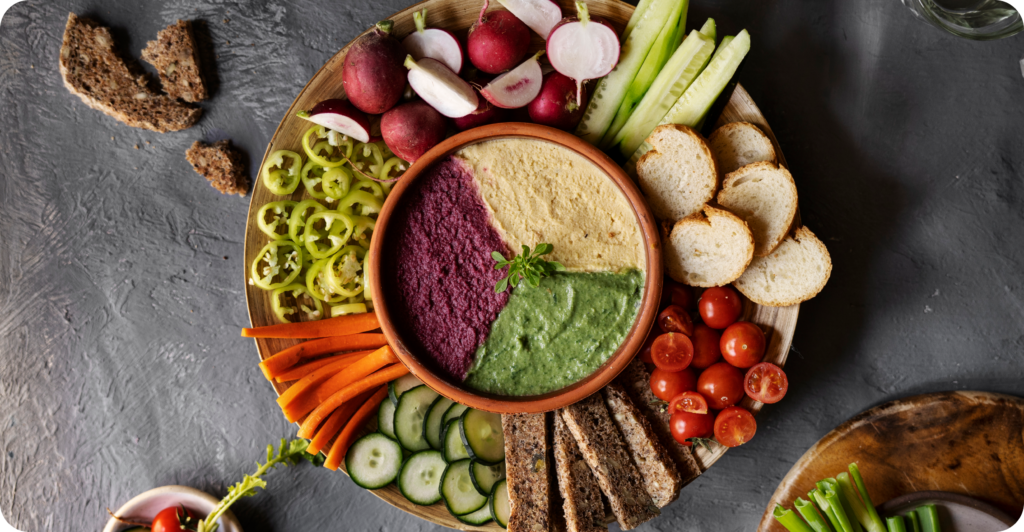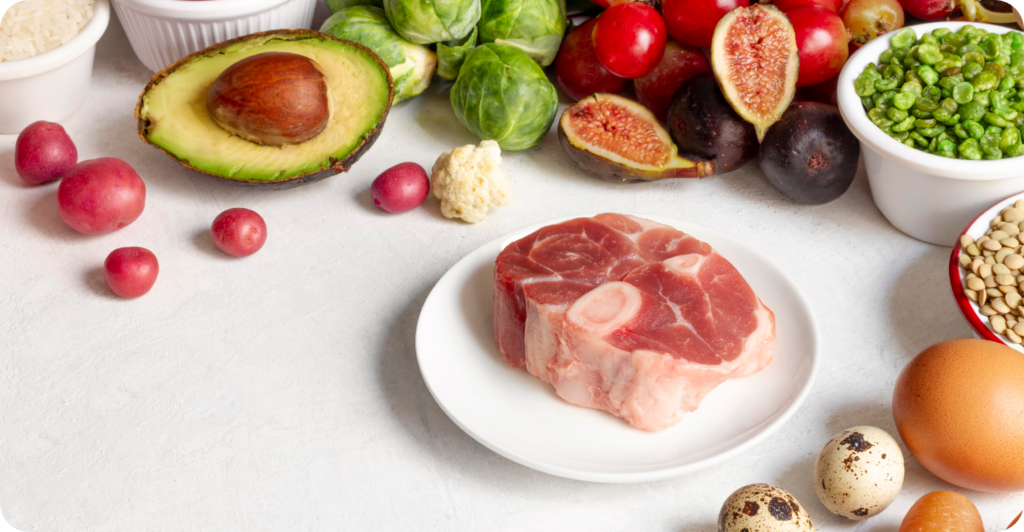Alternative Proteins: Shaping a Sustainable Food Future
The global food industry is undergoing a transformative shift. As the world grapples with challenges like climate change, resource scarcity, and an increasing demand for sustainable food sources, alternative proteins have emerged as a beacon of innovation. From plant-based proteins to cultivated meats, this industry is not just reshaping what’s on our plates but also how we think about food production.

What Are Alternative Proteins?
Alternative proteins are food sources derived from plants, fermentation, or lab-grown processes, offering a sustainable replacement for conventional animal proteins. They include:
- Plant-Based Proteins: Made from ingredients like soy, peas, and lentils, mimicking the taste and texture of meat.
- Cultivated Meat: Grown from animal cells, offering real meat without the need for livestock.
- Fermented Proteins: Developed using microbial fermentation to produce functional and nutritional proteins.
These innovations promise to reduce environmental impact, improve food security, and cater to the rising demand for healthier, cruelty-free options.
Why the Shift Toward Alternative Proteins?
- Environmental Sustainability
Livestock farming accounts for a significant portion of greenhouse gas emissions, deforestation, and water usage. Alternative proteins offer a solution with a drastically lower environmental footprint.
- Health and Nutrition
Modern consumers prioritize health, seeking protein sources that are lower in saturated fats and free from antibiotics or hormones.
- Ethical Consumption
The rise in ethical eating trends drives demand for cruelty-free and sustainable food options.
- Market Potential
With the global alternative protein market projected to reach billions in the coming years, investors and startups alike see immense opportunities for growth and innovation.
Innovation Driving the Sector
The alternative protein industry thrives on technological advancements:
- Extrusion Technology creates plant-based meats that replicate the juiciness and texture of real meat.
- Cell Cultivation Techniques enable lab-grown meats to mirror the taste and structure of traditional animal products.
- Precision Fermentation powers the development of functional proteins and dairy alternatives.
Challenges and Opportunities
While the promise of alternative proteins is vast, the industry faces hurdles like scalability, regulatory approvals, and consumer acceptance. However, these challenges also pave the way for innovation, collaboration, and strategic investment.
The Road Ahead
Alternative proteins represent more than just a dietary trend—they are a cornerstone of sustainable food systems. As technology advances and consumer awareness grows, the potential for this industry to redefine global food production becomes increasingly evident.
The future of food is here, and it’s plant-based, cultivated, and innovative. Whether you’re an entrepreneur, investor, or food enthusiast, now is the time to explore the exciting possibilities of alternative proteins.



